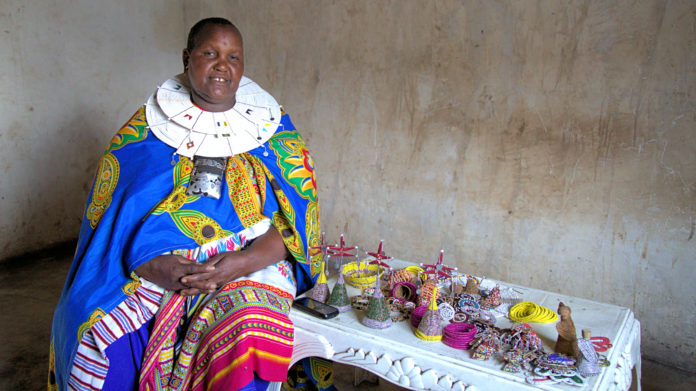Global women’s and girls’ rights campaigners have hailed the move by Sudan’s transitional government to criminalize Female Genital Mutilation but warned that it will take a while for the country to entirely eradicate the ritual.
The country’s amendment to the criminal code law passed last week makes it illegal for anyone to perform the ritual, imposing a penalty of up to three years imprisonment, according to Sudanese Foreign Ministry.
Nearly nine out of 10 Sudanese women aged 15 to 49 have been cut. Girls are usually cut between the ages of five and 15.
Many of them went through a procedure known as infibulation, or ‘pharaonic circumcision’, in which all or part of the inner and outer labia, and usually the clitoris, are removed by a traditional birth attendants.
The new law was approved by the Sudanese council of ministers on 22 April but still needs endorsement by members of the sovereign council formed after ousting of the former dictator Omar al-Bashir.
“No doubt this article will contribute in addressing one of the most dangerous social practices, which constitutes a clear violation against and a crime against women’s rights,” says Sudanese foreign ministry in a statement.
The ministry said the move is an advanced step aimed at obliterating a predominant socially-rooted malady adding that Sudanese authorities have what it takes to respect and protect women’s social and health rights.
The Sudanese foreign ministry said in order for the new law to be effectively enforced, it requires community effort and coordination between parties in raising awareness against the crime through community outreach programs.
The move, which shows the government’s commitment to international human rights agreements, has been hailed by global charities including Equality Now — a leading charity tracking women and girls’ rights as important.
Flavia Mwagnovya, Equality Now’s Global Lead for End Harmful Practices program told Ubuntu Times in an email that introducing a law that criminalizes the practice is crucial since it asserts that FGM grossly violates women’s and girls’ rights.
“The law is a powerful tool when combating harmful… FGM and it defines the obligations that a government has committed to in providing protection,” she said.
According to her, in countries like Sudan where FGM is deeply entrenched in culture and social norms, having a law alone is inadequate to end the practice.
She called for public awareness initiatives that explicitly state FGM is now a crime under the law and the dangers of it are crucial, alongside positive social engagement.
“Legislation is a strategy that should be implemented hand-in-hand with sufficiently funded and resourced programs that educate communities about why FGM is harmful and criminalized,” she said.
According to her, government agencies, law enforcement, healthcare professionals and midwives, women rights organizations, funders, and community leaders, need to work together.
After years of brutal oppression under former dictator Omar al-Bashir, campaigners say women in Sudan have demonstrated that they have a voice and agency, and are able to shape the political agenda to achieve change.
Global charities have been campaigning for the end of legal and cultural barriers that violate women’s and girls’ rights, and to them criminalizing FGM is a significant victory on the road to gender equality.
“As Sudan continues its political transformation it is vital that women are fully represented in decision making, and going forward, we anticipate celebrating further gains in women’s legal rights in the country,” said Mwangovya.
According to her FGM perpetrators can now be held to account and this is an important deterrent since people are less likely to act when they know there are legal consequences.
“It also gives protection to those at risk and provides survivors with means to access justice,” she said.
Achieving systemic and lasting change, however, requires altering attitudes and behavior towards women and girls, she said.
“The Sudanese Government’s decision to criminalize FGM is timely given that huge investments have been made over the years to sensitize the population against it.”
By making this legal amendment, analysts say Sudan will be adhering to the African Union Protocol on the Rights of Women, which they have yet to ratify.
Since the practice is deeply rooted in Sudanese culture, campaigners say it will take a while to be completely wiped off.
“There is so much work to be done. This is a start, a good start,” says Fatma Naib, communications officer of the UN children’ agency UNICEF, in Sudan.
“The crucial step will be to ensure there are consequences for those who perform the cut on their girls,” she said.
FGM involves the partial or total removal of the female external genitalia for non-medical reasons.
The UN estimates that 200 million women and girls globally have undergone FGM.
Imtenan Fatema, a 25-year old Sudanese woman whose parents subjected her to cutting told Ubuntu Times in an interview that many parents are now abandoning the practice.
“I am very happy for my country, our children will never again suffer from this brutality,” she told Ubuntu Times in an interview organized by a local Sudanese Journalist in Khartoum.

